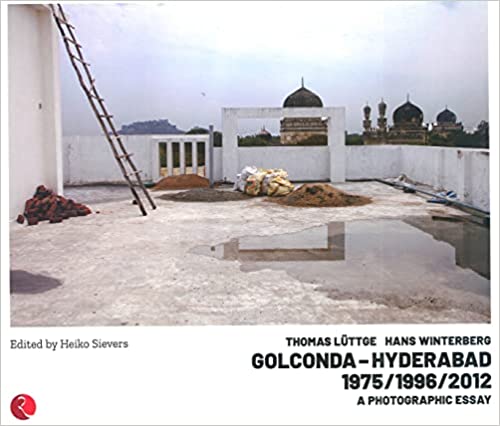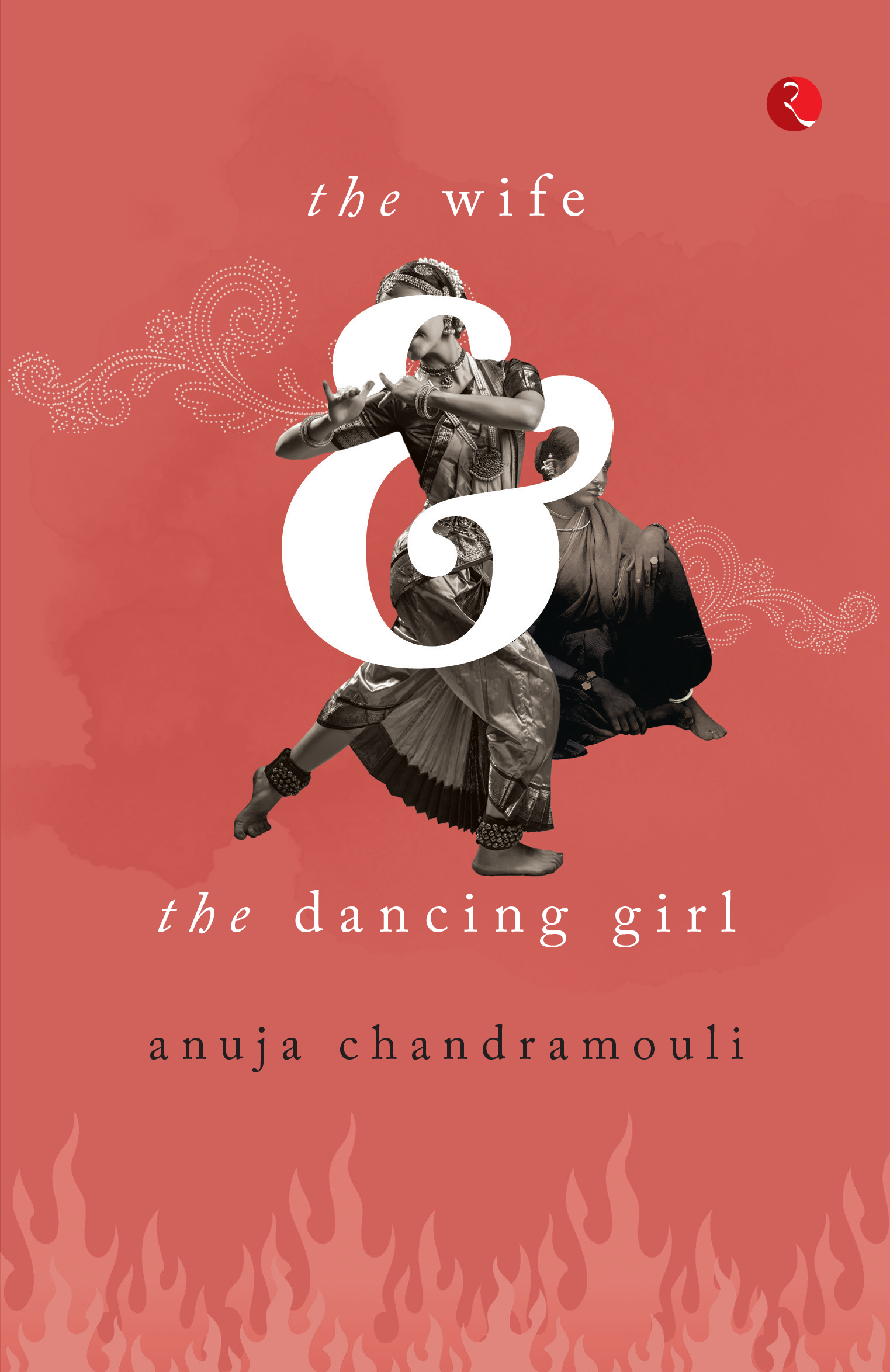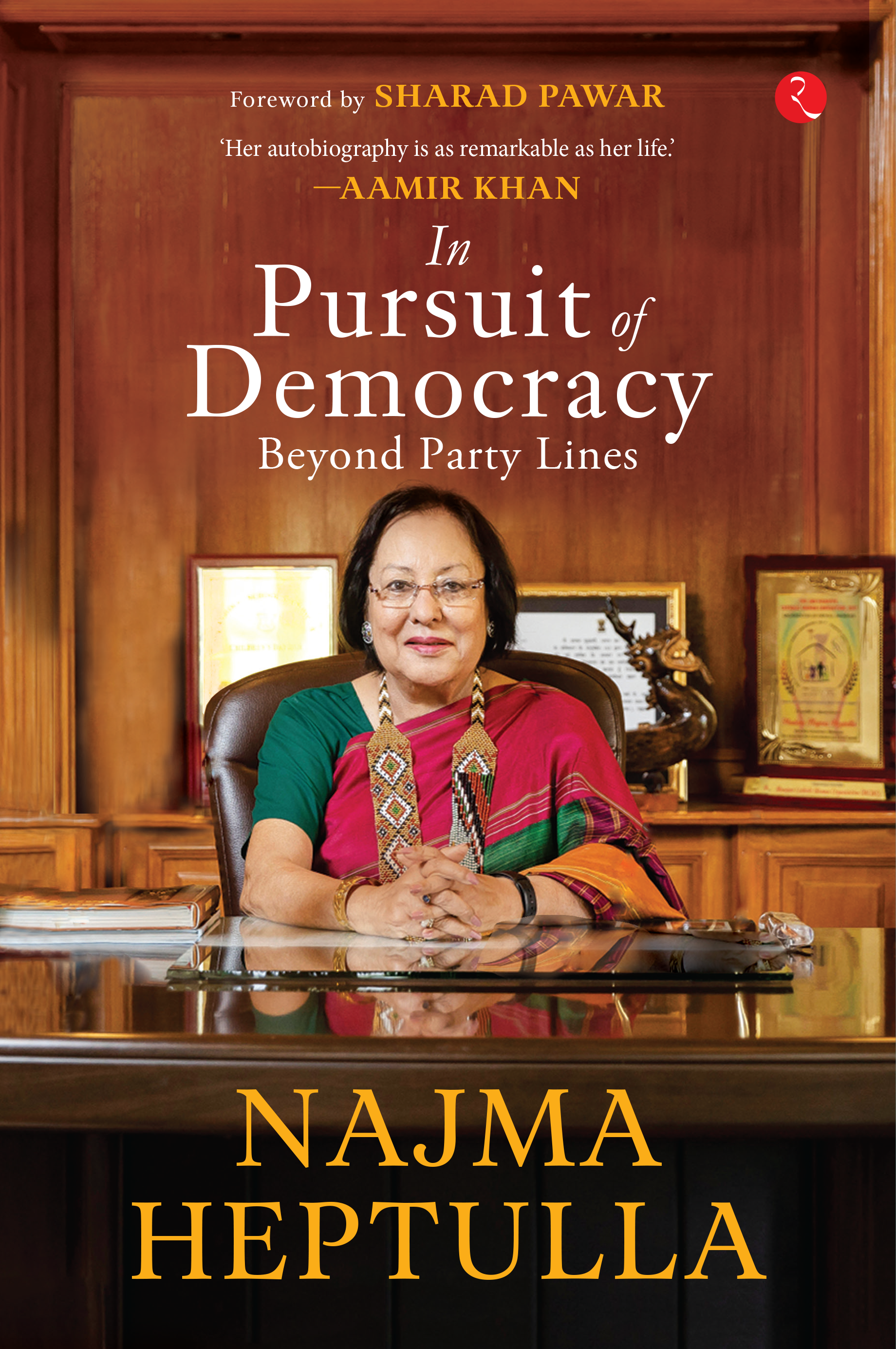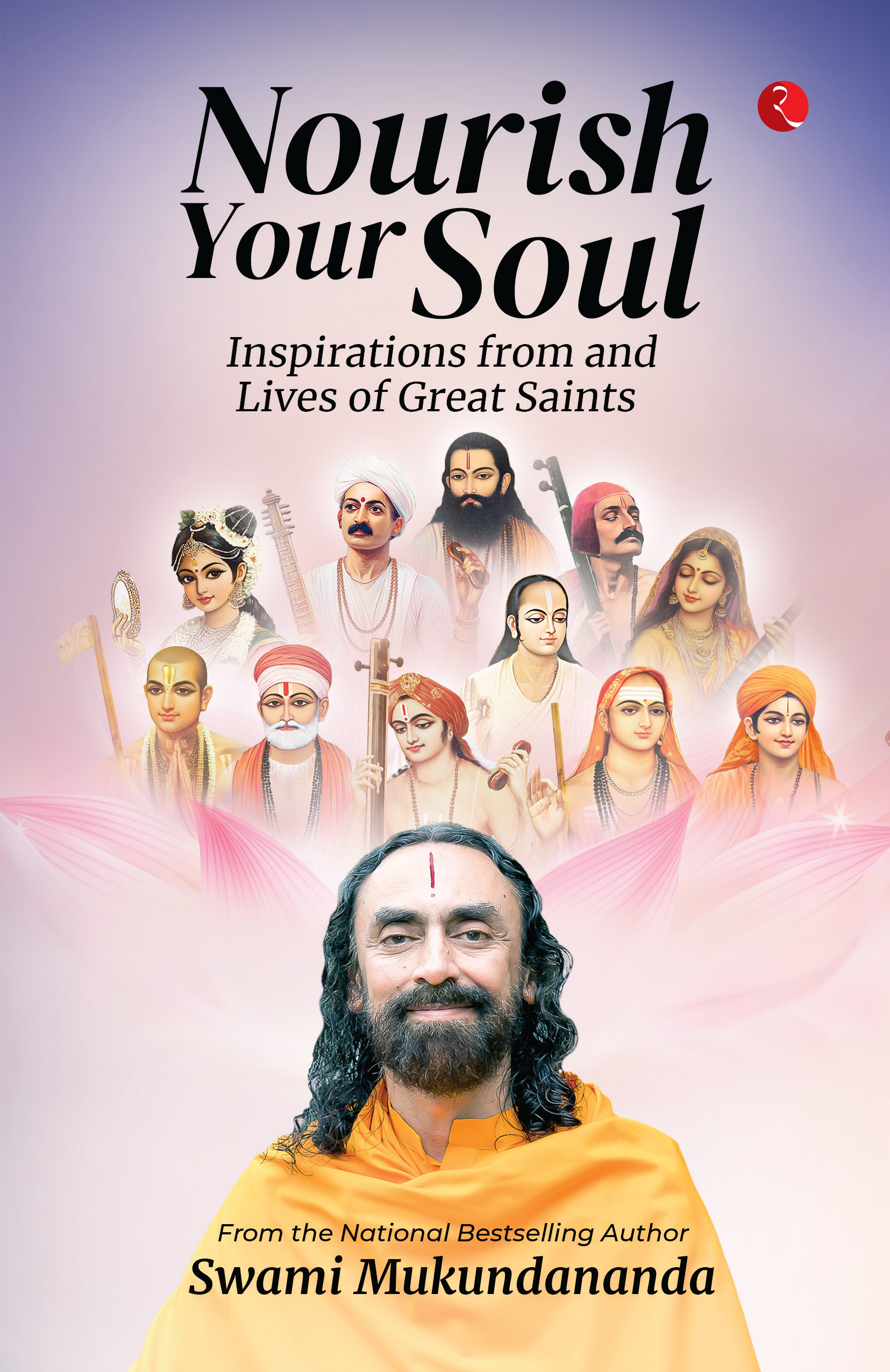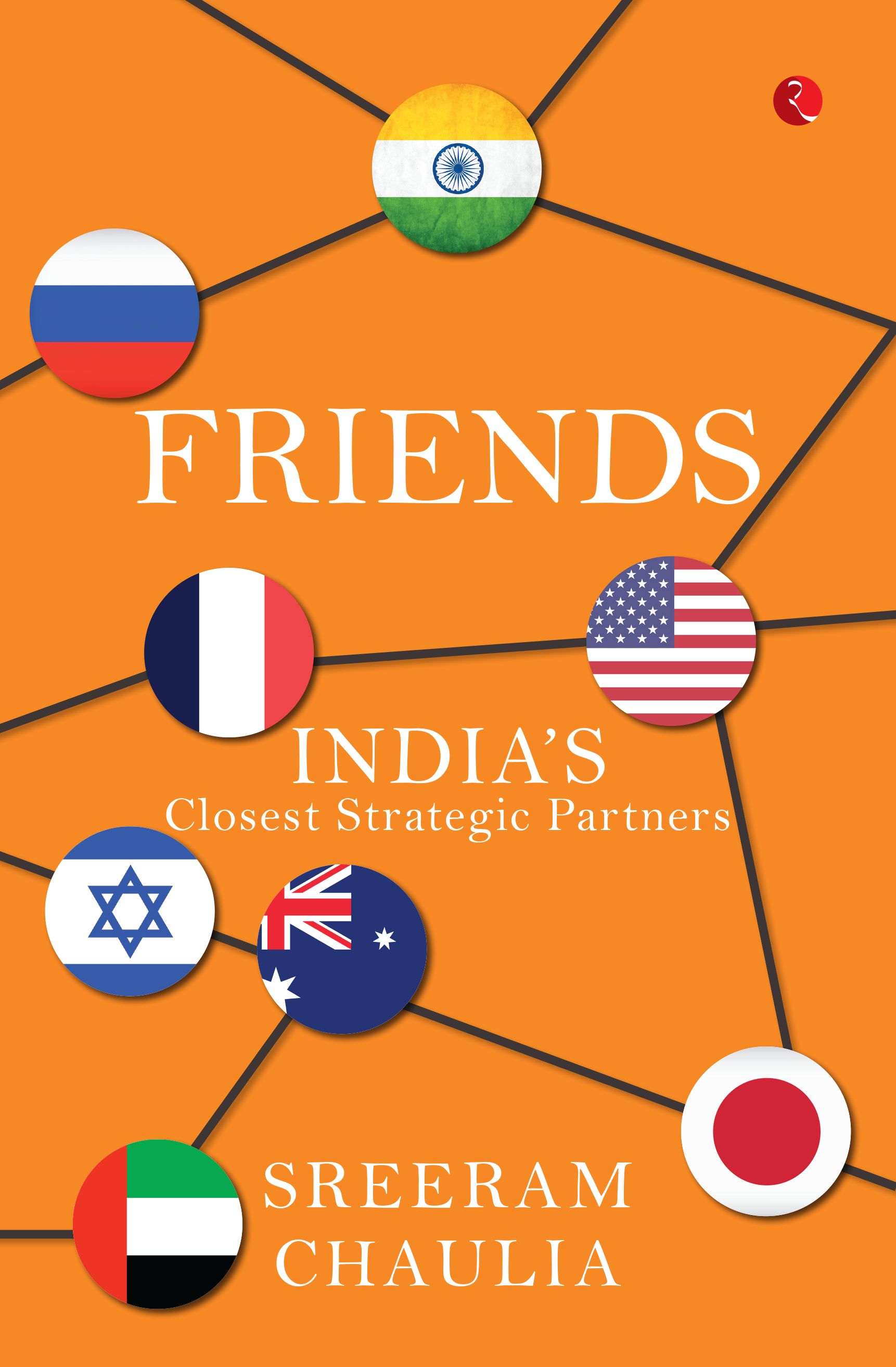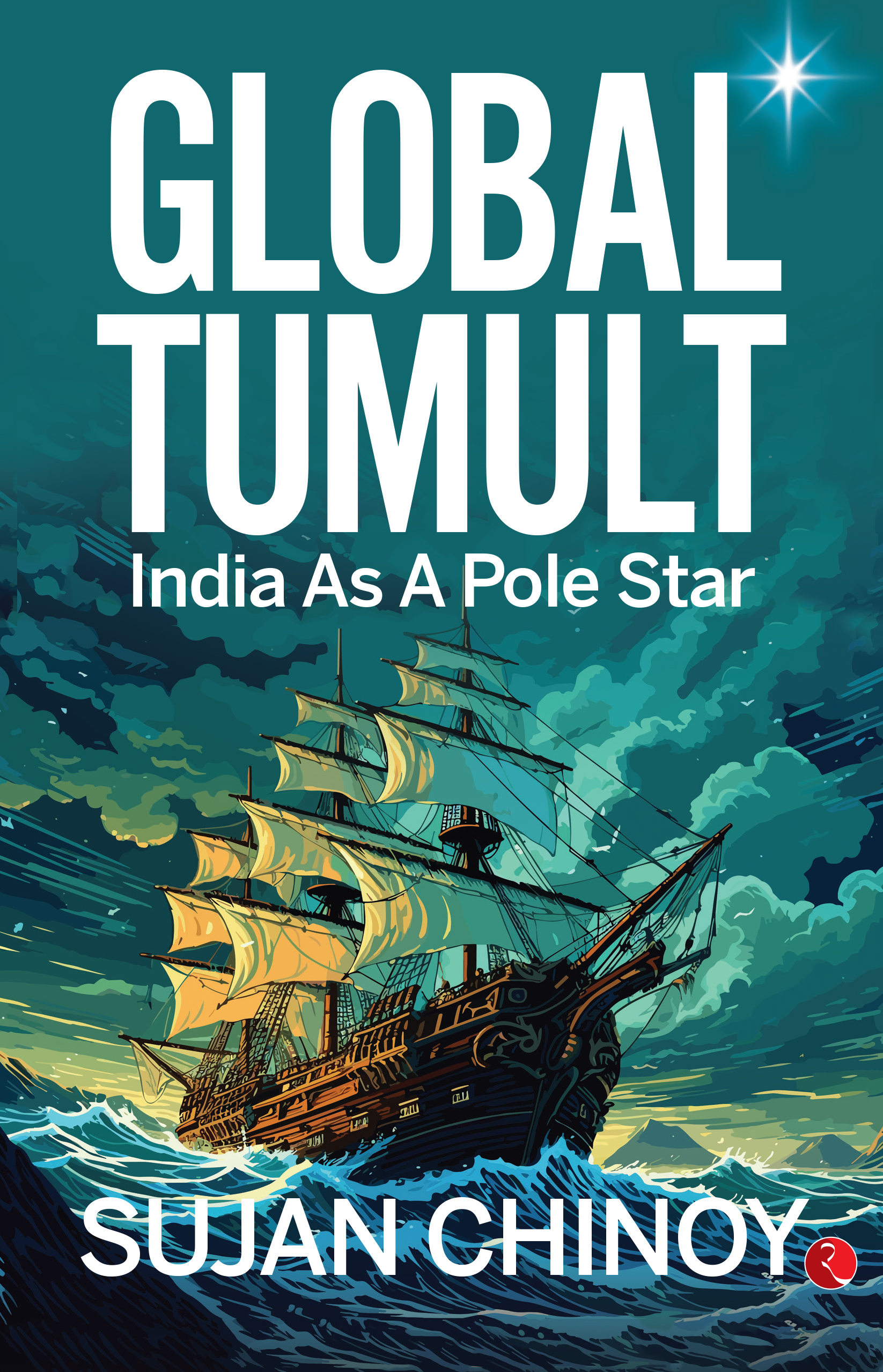ABOUT THIS BOOK
One of the many great qualities of cities is their ability to defy the desire of the planners who attempt to orchestrate their form through design. Cities are wondrous organisms, like microbes they evolve, and the damage as well as the transformations are usually done before citizens, conservation advocates and civil society more generally even realize that change is underway—what is, in truth, most often a rear-guard action. Photography and film are perhaps the only visual mediums that truthfully capture this process. It is for this reason that the works of Thomas Lüttge and Hans Winterberg are of importance to the conservation movement, as well as a historic documentation of Hyderabad and Golconda. (Prof. Rahul Mehrotra, Graduate School of Design, Harvard University)
AUTHOR OF THE BOOK
Thomas Lüttge (*1941) studied at the Academies of Fine Arts in Hamburg and in Karlsruhe as well as at the State College of Photography in Munich. He has been working as a freelance photographer for the print media since 1996. He taught photography as an art of visual studies at Salzburg College/Northern Illinois University and at the State College of Photography. During his extensive travels in Asia, Europe and America, he worked on long-term projects focussing on people and the environment and gave numerous workshops and lectures in India, Bangladesh, China and Thailand. He has had more than thirty solo exhibitions around the world, participated in many group exhibitions and published widely in magazines, catalogues, books and calendars. He lives in Ascholding near Munich, Germany.
Dr. Hans Winterberg (1930-2014) was a legal historian and photographer. He was a postdoctoral fellow at the Institute for Legal History at the University of Frankfurt and joined Geothe-Institut in 1966. After completing a three-year assignment in Calcutta, he served as the director of the Geothe-Institut/Max Mueller Bhavan Hyderabad from 1970 to 1975. He then headed the Geothe-Institutes in Turin, Boston and Lisbon as well as the Cultural Programme Department at the Institute’s headquarters in Munich. Throughout his career, and even after his retirement, he initiated and organized numerous conferences, publications and exhibitions on contemporary historical topics such as the history of labour in Europe, the corporative authoritarian state, Jewish exile in Portugal and the history of Sinti and Romani.
Heiko Sievers (*1952) studied psychology and philosophy at the Free University of Berlin and photography at Michael Schmidt’s legendary Workshop for Photography in Berlin-Kreuzberg. After teaching at the Free University for five years, he joined the Goethe-Institut in 1987. He has headed the Goethe-Institutes in Bangalore and Lisbon, the Cultural Programme Department at the institute’s headquarters in Munich, and was the Regional Director of the Goethe-Institutes in Cairo and in New Delhi (2010-2018). He is the co-founder of CIVIC Bangalore, a citizens’ urban advocacy group. He edited Structural Adjustment. Economy, Environment, Social Concerns with Shobha Raghuram and Vinod Vyasulu (Delhi: Macmillan, 1995), Rules, Laws, Constitutions with Satish Saberwal (Delhi: Sage, 1998) and Essays on the Philosophy of Immanuel Kant with Bindu Puri (Delhi: OUP, 2007). In Berlin he published a volume of his photographs titled 1980. In Berlin (Peperoni 2016).
